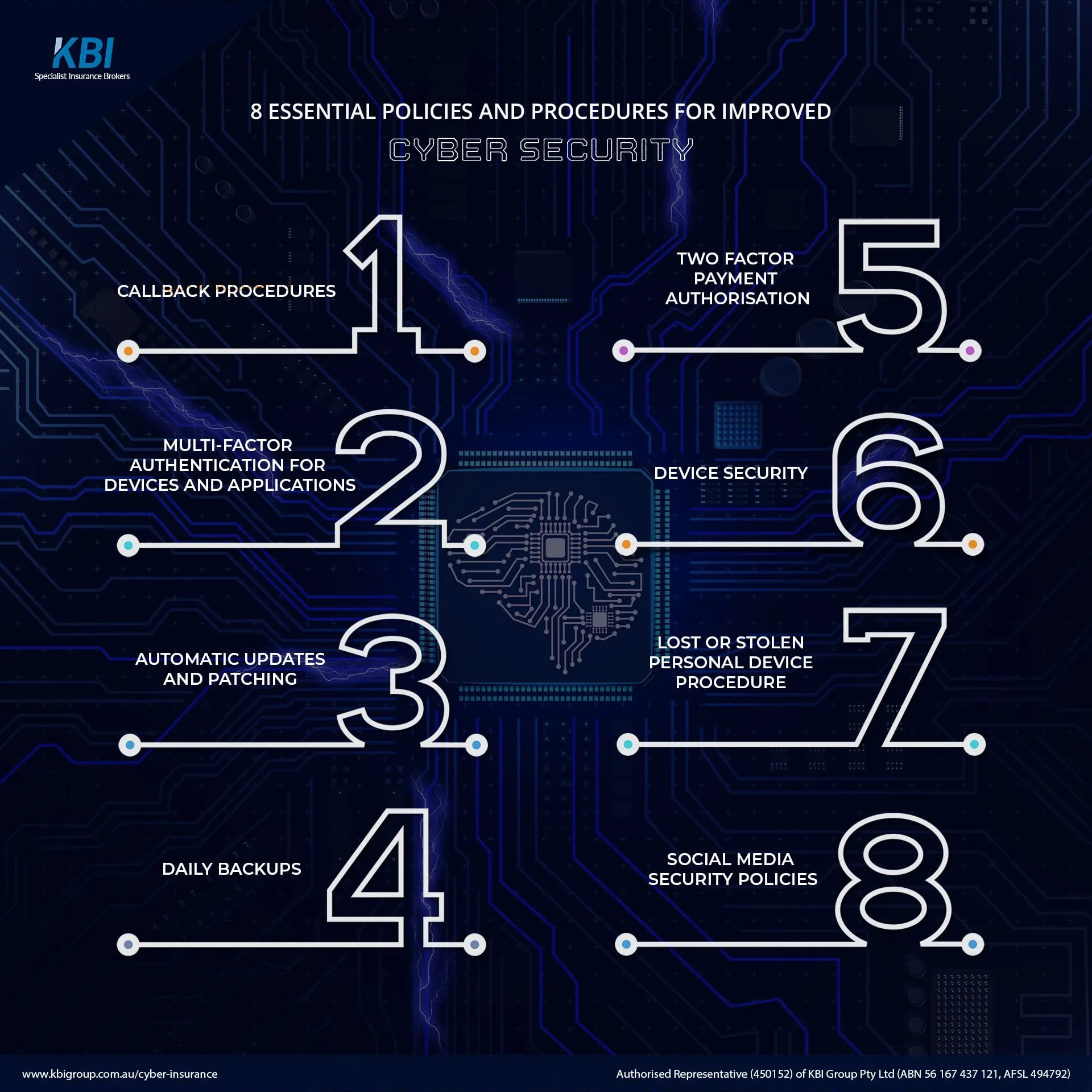In today’s digital age, cybersecurity has become a top priority for businesses of all sizes. With the increasing number of cyber threats and data breaches, it is more important than ever for companies to comply with cybersecurity regulations and implement robust data protection measures. In this article, we will discuss the importance of cybersecurity regulations and the key data protection measures that every business should have in place.
The Importance of Cybersecurity Regulations
Cybersecurity regulations are put in place to protect sensitive information and prevent data breaches. These regulations outline the minimum standards that businesses must adhere to in order to safeguard their data and protect their customers. Failure to comply with cybersecurity regulations can result in hefty fines, legal action, and damage to the company’s reputation.
Regulations such as the General Data Protection Regulation (GDPR) in Europe and the Health Insurance Portability and Accountability Act (HIPAA) in the United States are designed to ensure that businesses handle personal data in a secure and responsible manner. By following these regulations, businesses can build trust with their customers and mitigate the risk of data breaches.
Key Data Protection Measures
1. Encryption: Encryption is a critical data protection measure that converts sensitive information into unreadable code. By encrypting data both in transit and at rest, businesses can prevent unauthorized access and protect their data from cyber attacks.
2. Access Control: Access control measures limit who can access sensitive data within an organization. By implementing strong authentication methods, such as multi-factor authentication, businesses can ensure that only authorized users can access their data.
3. Regular Security Audits: Regular security audits help businesses identify vulnerabilities in their systems and address them proactively. By conducting regular audits, businesses can stay one step ahead of cyber threats and protect their data from potential breaches.
4. Employee Training: Employees are often the weakest link in cybersecurity, as they can unknowingly fall victim to phishing scams or other social engineering attacks. By providing comprehensive cybersecurity training to employees, businesses can reduce the risk of human error and strengthen their overall security posture.
5. Incident Response Plan: Having an incident response plan in place is essential for mitigating the impact of a data breach. This plan outlines the steps that businesses should take in the event of a cybersecurity incident, including notifying authorities, containing the breach, and restoring systems to normal operation.
Conclusion
In conclusion, cybersecurity regulations and data protection measures are essential for safeguarding business data and protecting customer information. By complying with regulations and implementing strong data protection measures, businesses can reduce the risk of data breaches and build trust with their customers. It is important for businesses to stay up to date on the latest cybersecurity regulations and continuously assess and improve their data protection measures to stay ahead of cyber threats in today’s constantly evolving digital landscape.


